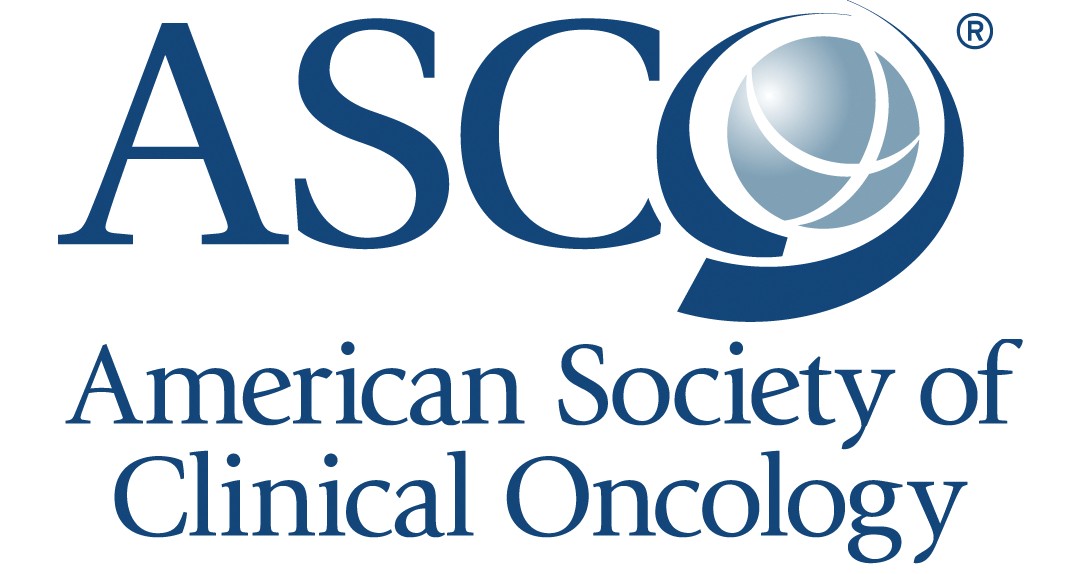Share this Page:
Metastatic sarcomatoid clear cell RCC is an aggressive type of RCC with poor outcomes and limited treatment options. However, first-line immunotherapy has been shown to be more effective than sunitinib in patients with intermediate- or poor-risk sarcomatoid RCC. Two poster presentations at this year’s ASCO GU Symposium look at survival outcomes in patients with metastatic sarcomatoid RCC treated with immune checkpoint inhibitors.
In this poster, long-term follow-up data from patients with intermediate- or poor-risk sarcomatoid RCC in the CheckMate-214 study were presented. Patients were randomly allocated to receive the ipilimumab plus nivolumab combination or sunitinib. Of the 1096 patients in CheckMate-214, 139 patients with intermediate- or poor-risk sarcomatoid RCC were identified, 74 in the ipilimumab plus nivolumab group and 65 in the sunitinib group.
Previously untreated patients with metastatic sarcomatoid RCC had better long-term survival with the immunotherapy combination compared to those taking sunitinib. Cancer shrinkage (61% versus 23%) and complete response rates (23% versus 6%) were higher with the combination compared with sunitinib. Also, average overall survival time was significantly improved (49 versus 14 months), as was the time to when the treatment stopped working and the cancer started growing again (progression-free survival; 26 versus 5 months, respectively).
Survival outcomes overall were better with the combination compared to sunitinib, regardless of PD-L1 expression; however, the analysis showed that patients with sarcomatoid RCC and tumour PD-L1 expression ≥ 1% had greater treatment benefits than patients with PD-L1 expression < 1%.
This is the first trial to show significant benefit of immunotherapy combination over sunitinib for the treatment of sarcomatoid RCC and is particularly impressive considering the aggressive nature and poor prognosis of a disease with a high unmet need.
Read more in ASCO Daily News here
This poster presented a meta-analysis of recent phase 3 clinical trials with immunotherapy, targeted therapy, and chemotherapy to determine the survival outcomes of patients with metastatic RCC and sarcomatoid features.
In total, 44 patients with metastatic RCC and sarcomatoid features were included in the analysis. Most patients had intermediate- or poor-risk disease (94%). Eight (18.2%) patients were treated with immunotherapy as a first-line treatment, the remainder (81.8%) received either targeted therapy or chemotherapy. The patients were followed for an average of 5 and a half years. The average overall survival time for all 44 patients in the analysis was 15.6 months. The overall survival time for the 8 patients on immunotherapy was not reached compared to 10.3 months for the patients who were not on immunotherapy. The average time from when the treatment stopped working to when the cancer started growing again (progression-free survival) was 24 months for patients on immunotherapy compared to 5.4 months for patients on other treatments.
Although the numbers of patients in this meta-analysis were small, it confirms the benefits of immunotherapy for metastatic RCC patients with sarcomatoid features in the real world. Immunotherapy should be considered the standard of care for these patients.
Read more















